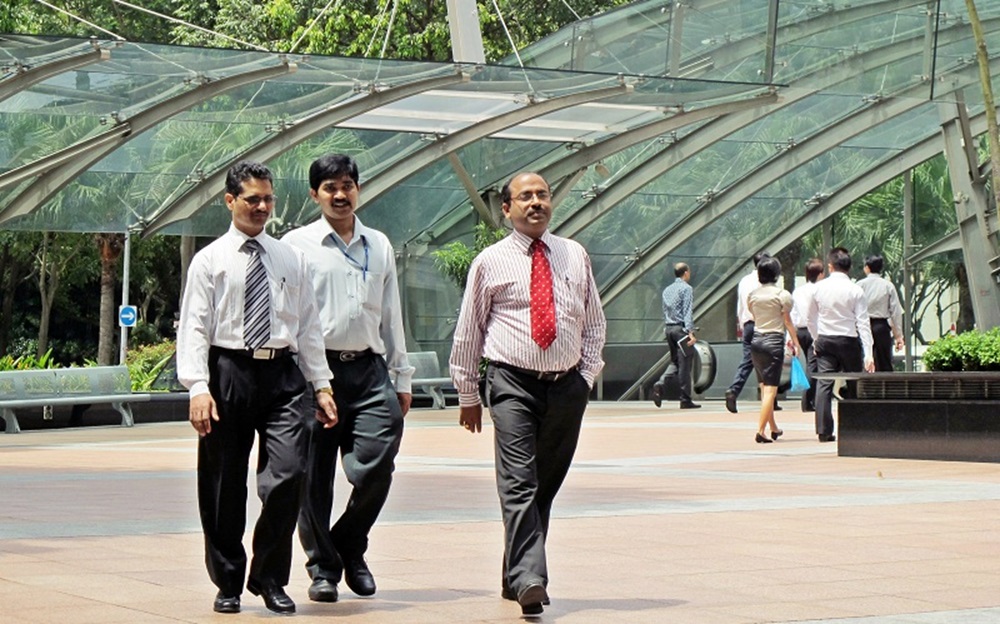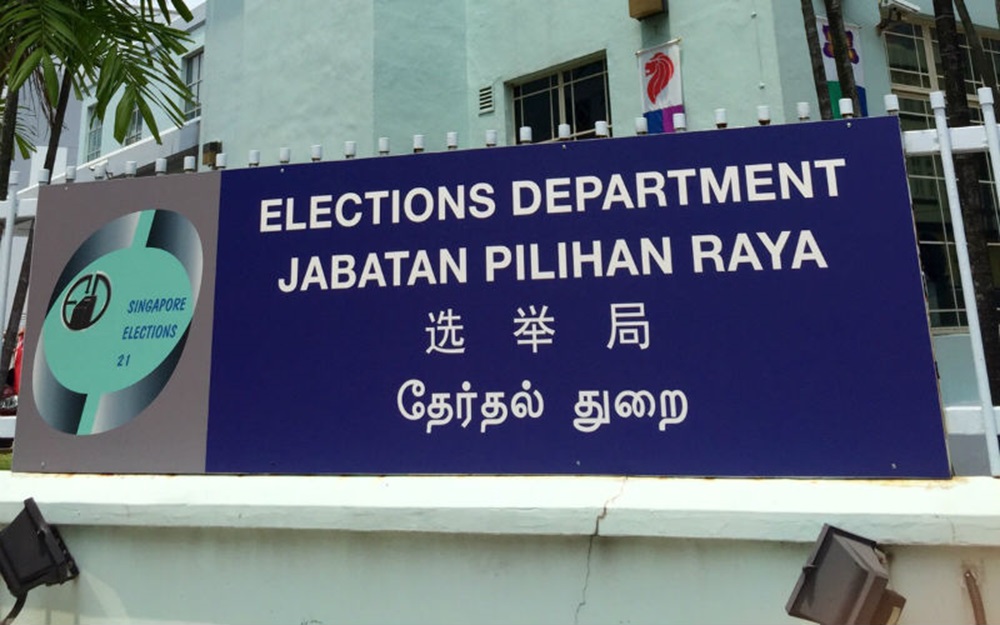
Does the Comprehensive Economic Cooperation Agreement (CECA) allow firms to hire Indian professionals in Singapore without valid work passes, or without adhering to fair employment guidelines?
The CECA DOES NOT allow firms to hire Indian nationals to work in Singapore without a valid work pass. They will need to meet the prevailing work pass criteria to obtain a valid work pass. Employers must also comply with the requirements under the Fair Consideration Framework and the Tripartite Guidelines on Fair Employment Practices.
What is CECA?
CECA is a comprehensive agreement with India to encourage bilateral cooperation and economic integration between our countries. In addition to expanded tariff concessions and improved rules of origin which give Singapore businesses greater access to India’s market, CECA allows for the movement of four types of business people between Singapore and India. Existing regulations on citizenship, residence and employment will still apply. The agreement entered into force on 1 August 2005.
How has CECA benefited Singapore?
Under CECA, bilateral trade has grown from $16.7 billion in 2005 to S$26.4 billion in 2018. CECA has facilitated the increase in economic interaction between India and Singapore. Our companies’ investments into India has increased from $1.3 billion in 2005 to $48.5 billion in 2017, while India’s investments into Singapore have increased from $1.3 billion in 2005 to $20.2 billion in 2017.
Singapore exporters and investors benefit from the increased business opportunities through enhanced access to the Indian market: their success and expansion enable them to create more good jobs for Singaporeans. Indian investments in Singapore similarly create good jobs for Singaporeans that would otherwise have gone elsewhere.
Locals comprise around 75% of employed PMETs in the sectors covered under the Growth Sectors Initiative.[1] Since CECA was signed in 2005, the total number of local employed PMETs has grown by more than 400,000. Local PMETs have also seen their real wages grown, from 0.6%p.a. before CECA to 1.9% in 2020.
What is the Fair Consideration Framework (FCF)?
The Fair Consideration Framework (FCF) sets out the requirements for all employers in Singapore to consider applicants fairly for job opportunities. Employers should not discriminate candidates based on characteristics that are not related to the job, such as age, gender, nationality or race.
MOM does not tolerate any form of workplace discrimination. In January 2020, MOM strengthened the FCF by raising penalties across the board for all discrimination cases.
Employers that violate the Tripartite Guidelines on Fair Employment Practices will be barred from hiring new foreign workers and renewing existing foreign workers, for a minimum of 12 months up to a maximum of 24 months. Since most work passes last for two to three years, a 24-month ban means that the employer cannot renew up to all of the existing foreign workers, and the employer cannot hire new foreign workers. This means that if employers want to continue their operations here, they would have to hire locals.
MOM will also prosecute employers and key personnel who make false declarations on fair consideration. If convicted, they could face up to 2 years of imprisonment, fined up to $20,000, or both.
Members of the public should report any discriminatory HR practices at this link.
Source: Ministry of Trade & Industry, Ministry of Manpower
Click here for more info on CECA.
Click here for more info on Fair Consideration Framework.
This article is accurate as of 6 July 2020.
[1] These sectors are: Built Environment (including Construction), Finance and Insurance Services, Healthcare, Information & Communications, Manufacturing, Professional Services and Wholesale Trade.
We use cookies to tailor your browsing experience. By continuing to use Gov.sg, you accept our use of cookies. To decline cookies at any time, you may adjust your browser settings. Find out more about your cookie preferences here .

















